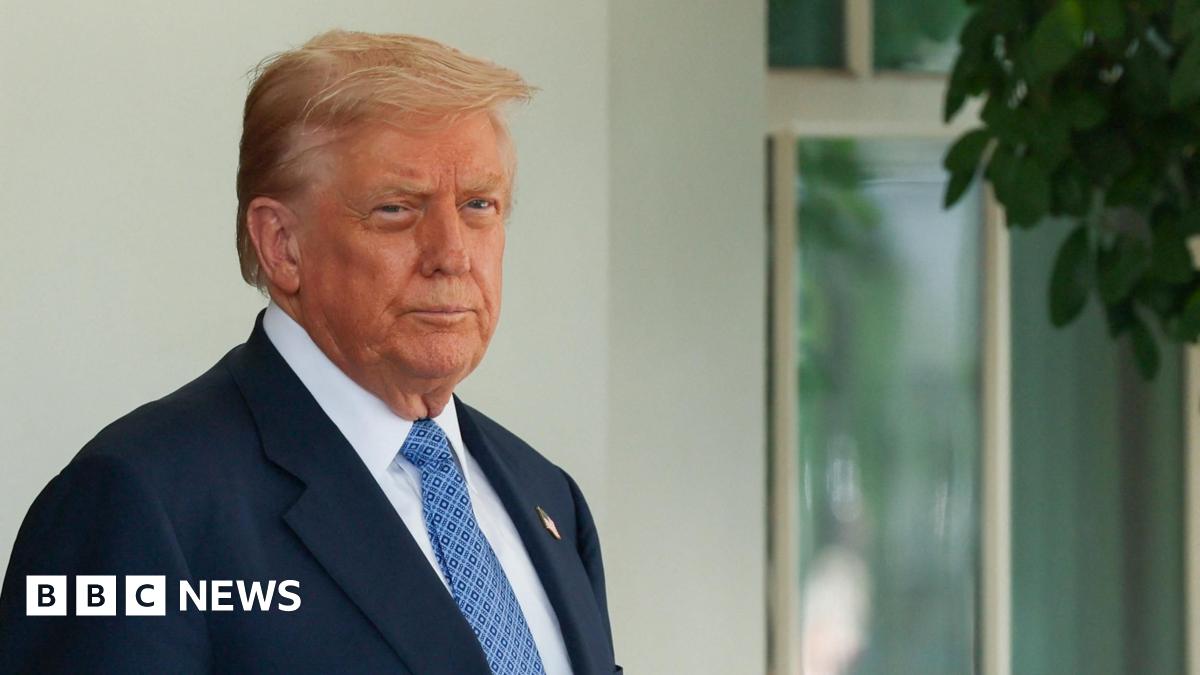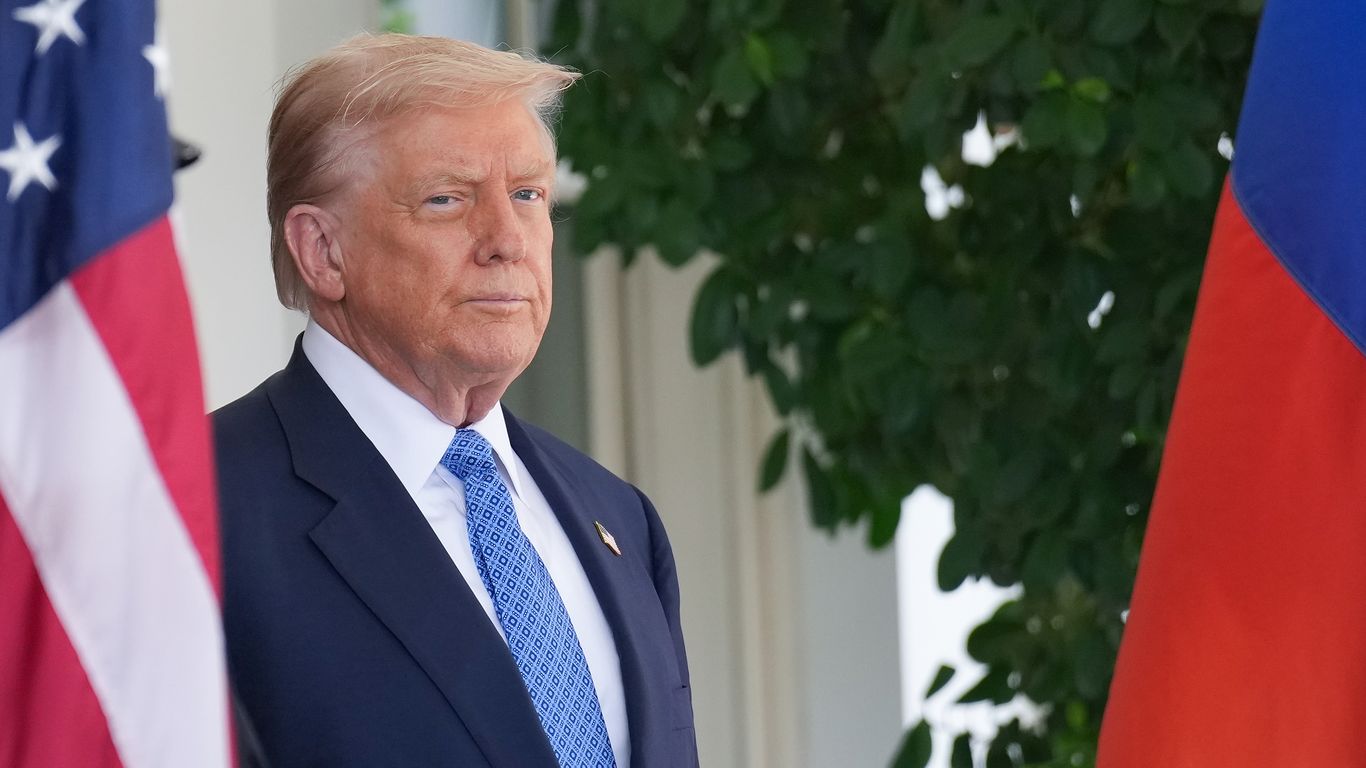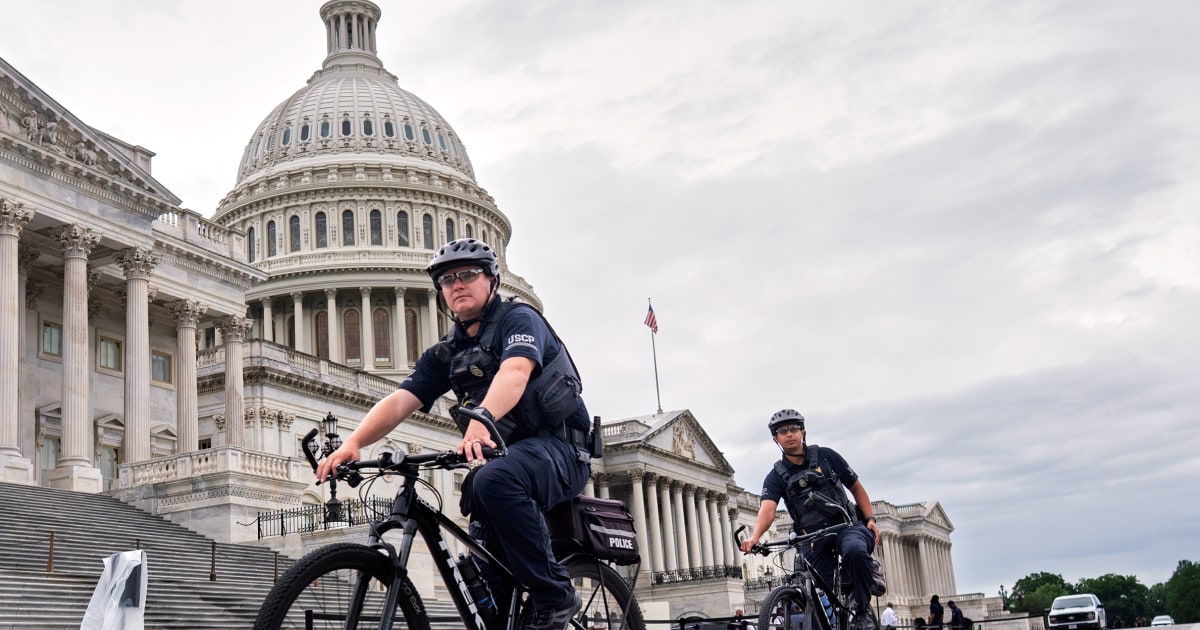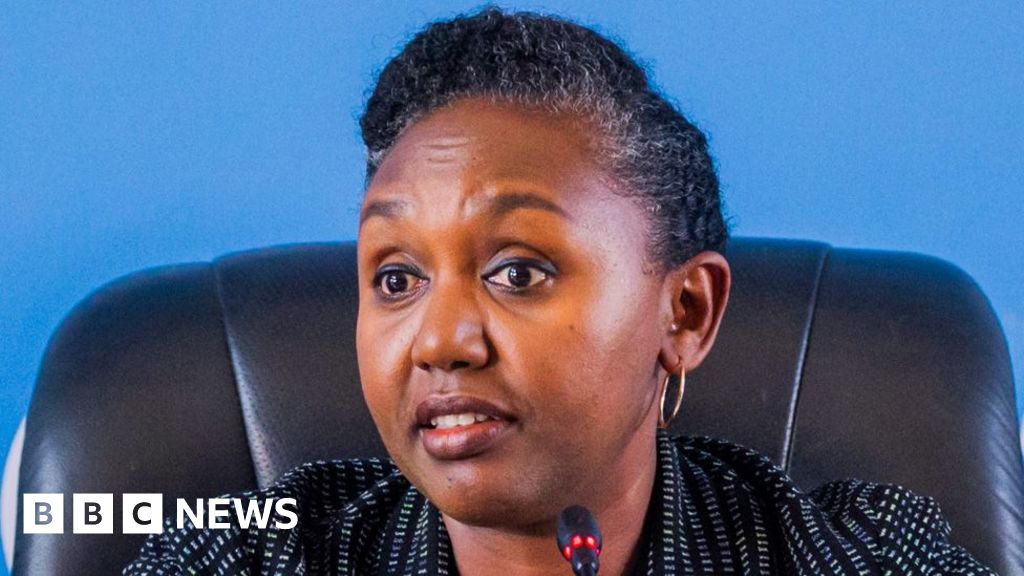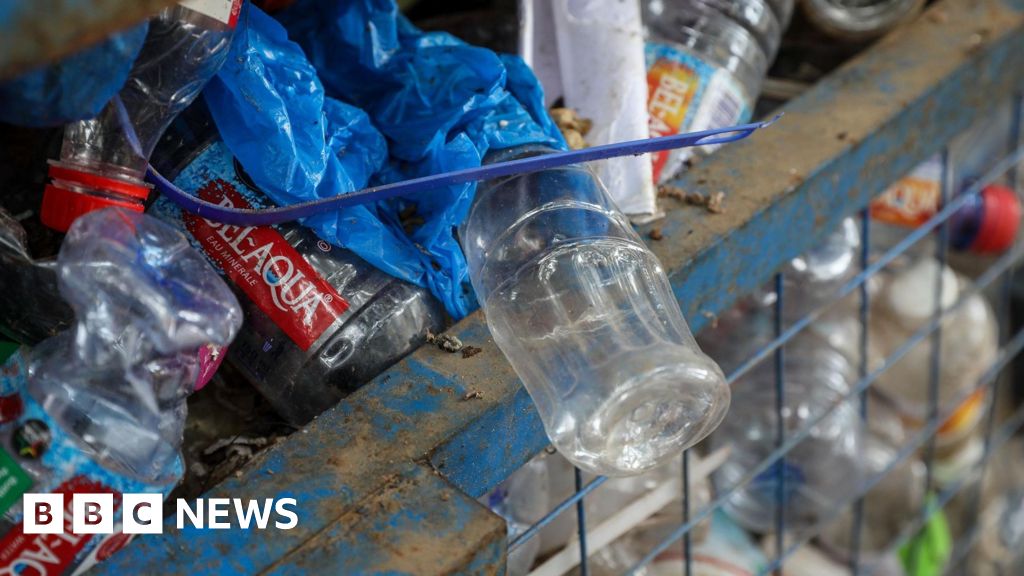Fact-Checking Trump's Claim on Crime Rates in Washington DC
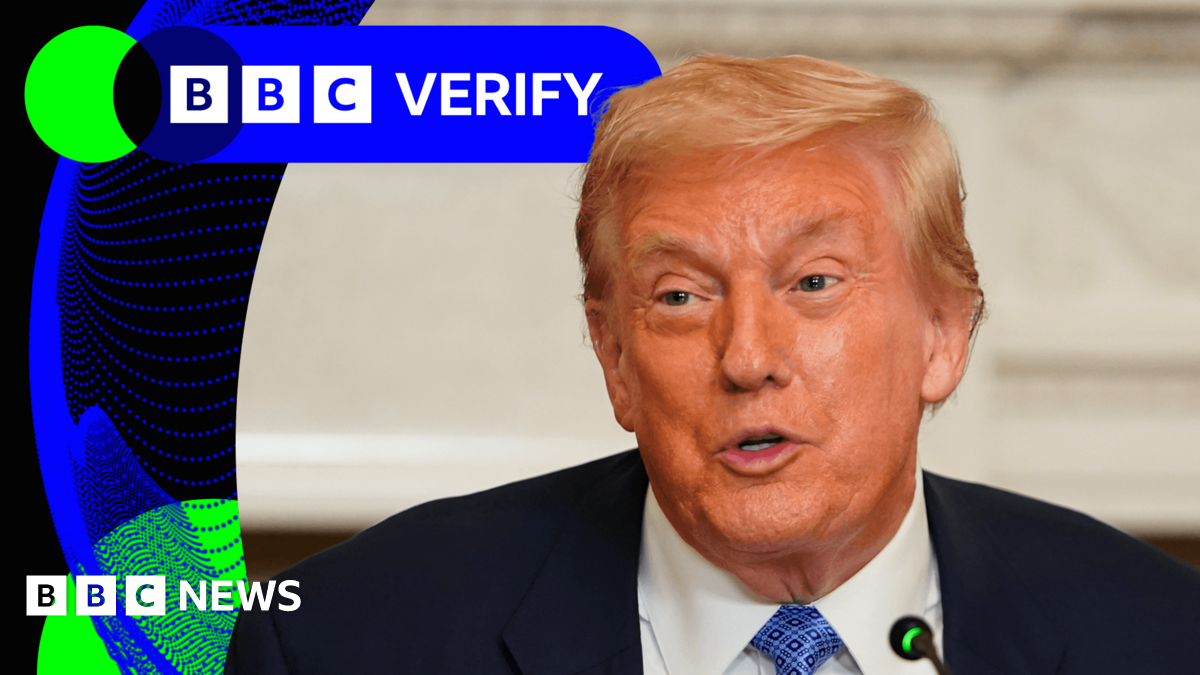
Introduction
President Trump recently claimed that Washington DC has one of the highest crime rates in the world. As experts in fact-checking and debunking misinformation, the BBC's team has been closely monitoring the truth behind this statement.
Fact-Checking
After analyzing the available data, it is clear that Trump's claim is not entirely accurate. While Washington DC does have a higher crime rate compared to other US cities, it is far from being one of the most dangerous cities in the world. In fact, according to the latest statistics, Washington DC ranks 22nd in terms of crime rates among major US cities.
Context
It is important to consider the context of Trump's statement. The President has been known for making exaggerated and often false claims, and this is just one of many. It is also worth noting that the crime rate in Washington DC has been decreasing in recent years, contrary to Trump's claim.
Final Thoughts
As always, it is crucial to fact-check and verify information before spreading it. With the help of fact-checking specialists and video verification, the BBC is dedicated to providing accurate and reliable information to its audience. We will continue to monitor and debunk any misinformation to ensure that the public is well-informed on important issues like crime rates in Washington DC.
About the Organizations Mentioned
BBC
## Overview The British Broadcasting Corporation (BBC) is the world’s oldest and largest national broadcaster, serving as a cornerstone of public service media in the United Kingdom and beyond[1][2]. Headquartered in London, the BBC operates under a royal charter and is primarily funded by a television licence fee paid by UK households, ensuring its editorial independence from both government and commercial interests[1][2]. This model allows the BBC to fulfill its mission to “inform, educate, and entertain” with impartiality at its core[3]. ## History and Evolution The BBC was founded on October 18, 1922, as the British Broadcasting Company Ltd., evolving into a public corporation under royal charter on January 1, 1927[1][2]. Its first Director-General, John Reith, established principles of independence and public service that continue to guide the organization. The BBC launched its television service in 1936, pioneering broadcasting technology, and expanded globally with the BBC World Service in 1932, now broadcasting in 28 languages[1][2]. ## Key Achievements The BBC has been a trailblazer in broadcasting, introducing innovations such as regular television broadcasts, color TV, and digital platforms like BBC iPlayer[1][2]. It has earned a reputation for high-quality journalism, producing globally recognized programs in news, drama, and documentary. The BBC’s international arm, BBC Studios, commercializes content worldwide, while the BBC World Service remains a vital source of news in regions with limited press freedom[1]. The corporation has received numerous accolades, including the Queen’s Award for Enterprise for its international business achievements[1]. ## Current Status and Digital Transformation With over 21,000 employees, the BBC remains a dominant force in media, generating £5.4 billion in annual income, mostly from licence fees[2]. It operates multiple TV channels, radio stations, and a robust online presence, including BBC News Online and BBC.com[1
